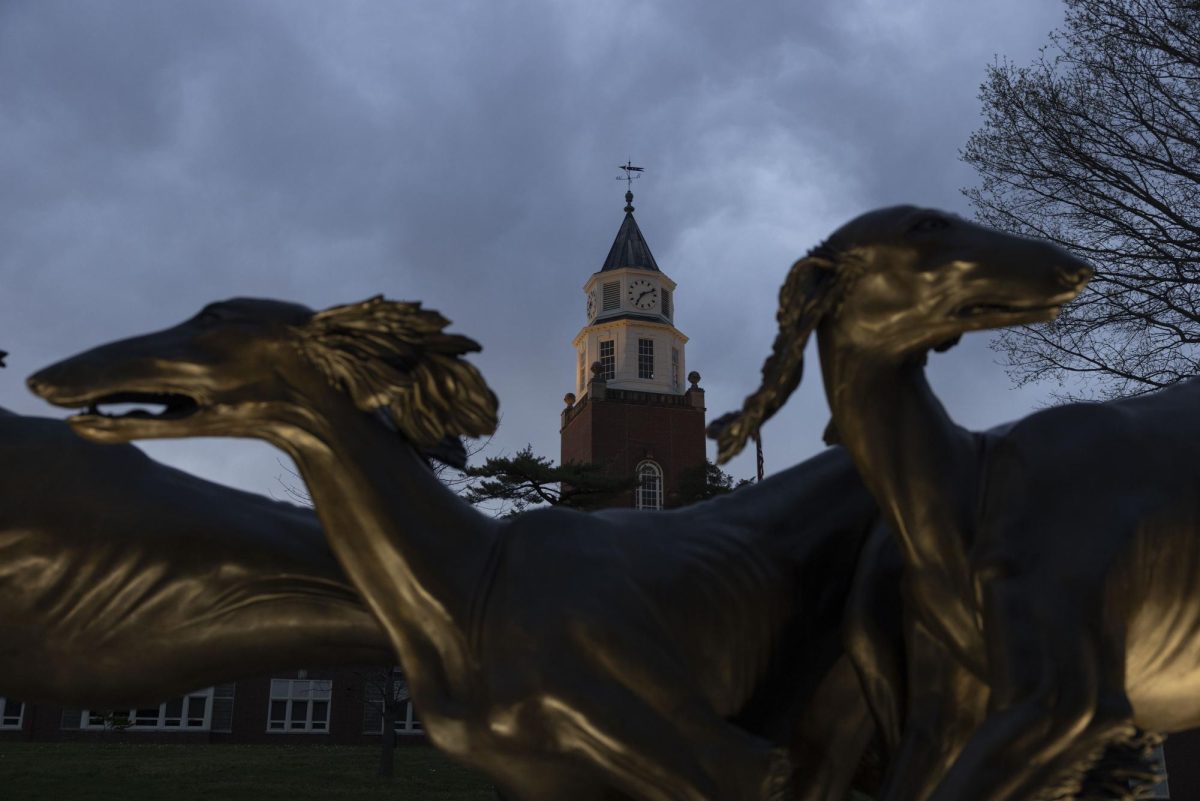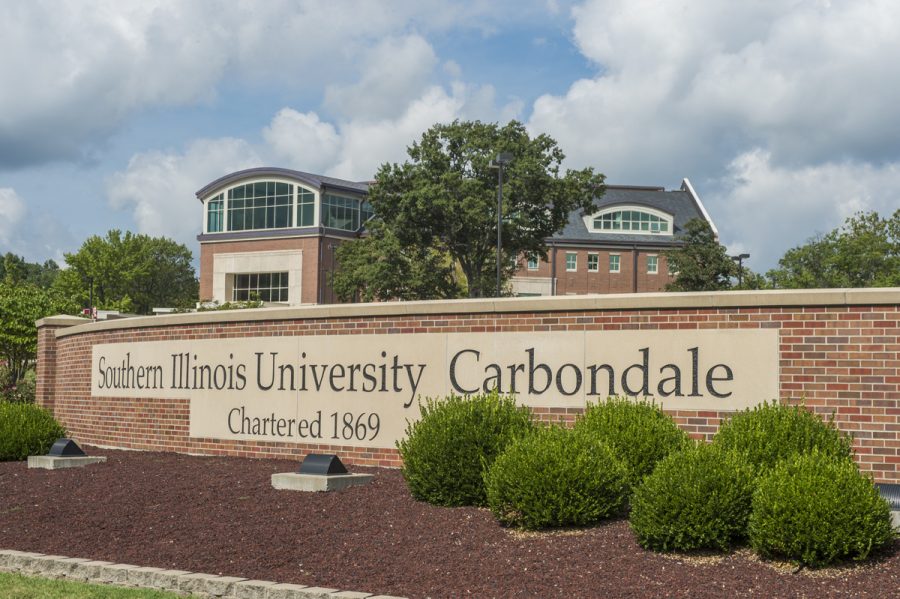New oil exploration destroys ecosytems
February 17, 1998
America has few remnants of wilderness left. The Arctic National Wildlife Refuge has been described by the U.S. Fish and Wildlife Service as the only conservation system unit in North America that protects, in an undisturbed condition, the complete spectrum of Arctic and subarctic ecosystems. Now this last great wilderness is jeopardized because of a plan to drill for oil along the coastal plain of the refuge. If oil exploration occurs then the 1.5 million acre coastal plain, the biological heart of the refuge, will be destroyed. It is along the coast that the 180,000 member Porcupine Caribou herd migrates yearly to calve. Musk oxen, wolves, grizzly and polar bear, wolverine, Arctic fox, depend year round on the coastal plain, which also provides staging grounds for migratory waterfowl such as Snow Geese, Tundra Swans, and Loons.
The Gwich’in, a trans-boundary nation of Native North Americans, rely as well on the coastal plain for their continued existence as a people. The Gwinch’in have lived in harmony with the land, wildlife, and harsh environment of the Arctic for thousands of years. They depend on 80 percent of their food on the Porcupine Caribou herd. Their entire lifestyle is based upon their complex relationship with this herd. Gwinch’in leader, Louie John, voices the concern of his people, We’ve been there 30,000 years. We live with the caribou. It’s our identity, our values. This issue is very important to my people. The issue is the opening of the coast plain for oil and gas development.
Photojournalist, Lenny Kohm, who has been working to protect the Arctic National Wildlife Refuge for over a decade, is now in Southern Illinois accompanied by Joe Tetlichi of the Gwich’in tribe. The Last Great Wilderness, a multimedia slide presentation, which offers a close-up look at the fragile and beautiful Arctic National Wildlife Refuge, will be shown at SIUC. The 90-minute program will feature the controversy over oil development verses wilderness protection of the refuge’s coastal plain. Admission is free and is open to the public. The presentation will be 7:30 tonight in Lawson Hall. This is a wonderful opportunity for Southern Illinoisans to learn more about this important issue. This event is sponsored by the Student Environmental Center, the Recreation Society, Phoenix Audubon Society, Peace Coalition of Southern Illinois, RACE and the Shawnee Group of the Sierra Club.
Advertisement
Shawnee Group, Sierra Club
Advertisement








